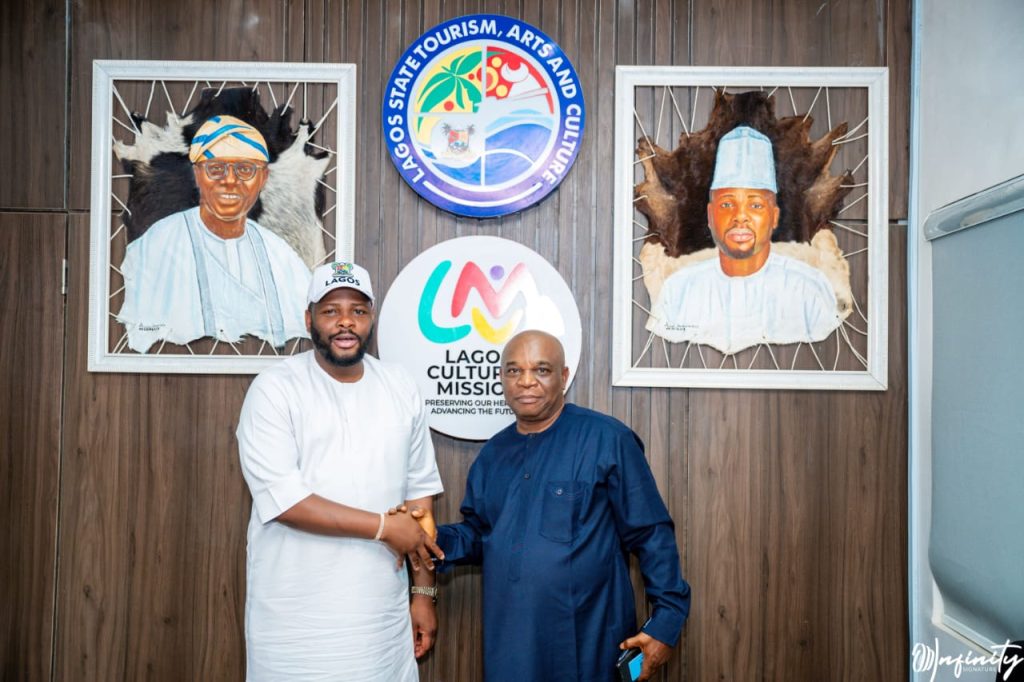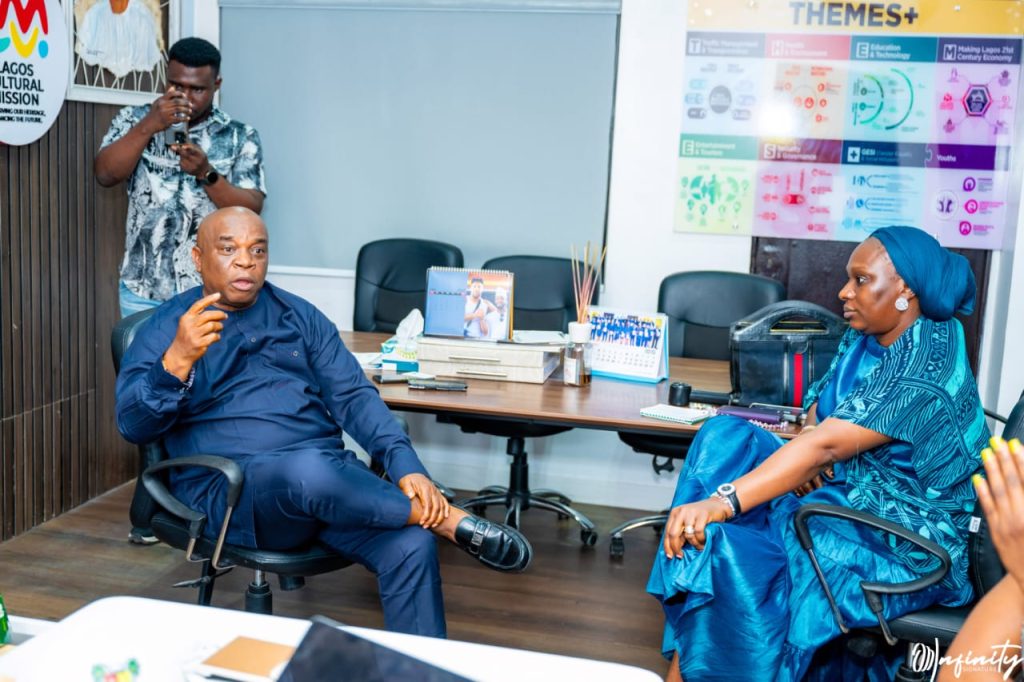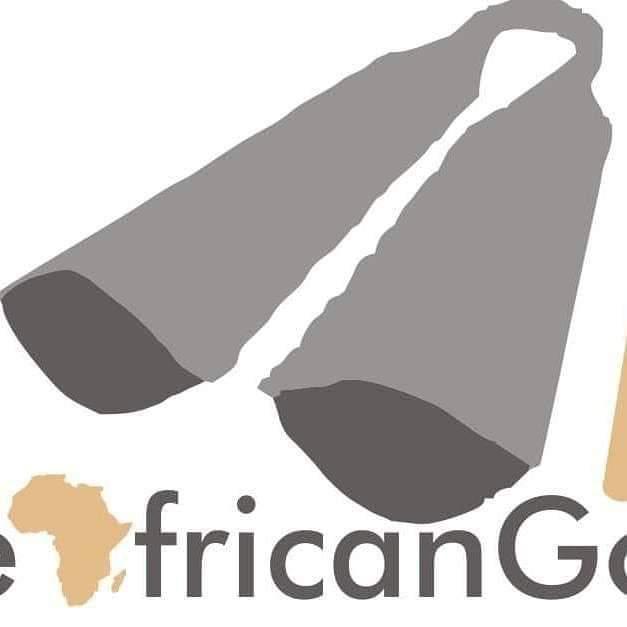
By Frank Meke
It was a Wednesday afternoon, and driving through Ikeja was anything but pleasant. The traffic was unusually heavy, bumper to bumper, and I was muttering in frustration behind the wheel. The thought of getting to Alausa—the seat of Lagos State Government—only to be stood up again was not encouraging. Twice in the past weeks, I had received assurances of this meeting, yet experience had taught me that many government appointees hardly respect appointments. In Lagos, in particular, they often act as though they owe no apologies.
Still, I went, because my work demands it. My job isn’t easy. It involves sifting through gossip, half-truths, and outright falsehood—like navigating a minefield dressed up in scripture. Governance often thrives on coded language and hidden agendas. Many well-meaning people fall prey, not because they lack integrity, but because they underestimate how ruthless the system can be.

Enough of philosophy—let me take you to my encounter with Idris Aregbe, Governor Babajide Sanwo-Olu’s Special Adviser on Culture, Tourism, and Arts. I hear there is another adviser on the same beat, perhaps with a narrower portfolio. Why two advisers for one sector? That’s another matter entirely.
In a tourism industry often marked by rivalry, bitterness, and unhealthy competition, people who genuinely build bridges instead of tearing them down are rare. That is why I must acknowledge Bolaji Mustapha, President of the Nigeria Association of Tour Operators (NATOP). Strong-willed and resilient, she chooses her battles and her allies carefully. In an industry obsessed with optics, she stands out for her substance. Bolaji offered to accompany me to this meeting, and as always, she made sacrifices for the greater good.
We drove in her car to Aregbe’s office, my thoughts wandering to Nigeria’s vast natural and human resources—so abundant, yet underutilized. Protocols at Alausa were smooth, and soon we found ourselves in the middle of a cultural tourism technical session. Keji Giwa of Giwa Gardens was making a presentation. The office generator hummed irregularly, visitors streamed in and out, but Aregbe remained calm and in control. He projected the presence of a leader who listens and engages, rather than pretending to be busy.
Few leaders possess this rare ability to handle pressure without crumbling. I recall the likes of Alhaji Garba Gumel, the patriarch of Nigeria’s hospitality industry, who turned interviews into open masterclasses, or Babatunde Fowler, the former FIRS boss, who engaged stakeholders with refreshing transparency. Folarin Coker, in his time as Lagos Commissioner for Tourism, built what he called a “kitchen of ideas,” where strategies to reposition Lagos were conceived. And, of course, Otunba Segun Runsewe, a perfectionist and risk-taker, who resurrected near-dead cultural tourism institutions with sheer tenacity.
In Aregbe, I saw a similar spark—a willingness to open his doors, listen, and encourage dialogue. Our conversations touched on Nigerian food and its socioeconomic impact, and how Lagos can maintain its food hub dominance even as states like Ogun and Oyo position themselves to compete. He spoke futuristically, championing collaboration to help operators grow beyond self-imposed limits.
Young, intelligent, and energetic, Aregbe envisions Lagos not just as a tourism hub but as a culinary capital of Africa. His Lagos Tourism 101 agenda and cultural mission are not about climbing destination rankings alone but about building a robust cultural and culinary economy that sustains traffic to the city of aquatic splendour. He dreams of Governor Sanwo-Olu being remembered as the catalyst who created millionaires through Lagos’ cultural and culinary offerings.
True to his style, Aregbe welcomed others into the conversation, though not everyone appreciated the opportunity. A media aide from the Ministry breezed in but left without engaging meaningfully, a disappointing red flag in an otherwise rewarding encounter.

If I had one criticism, it is the perception that Aregbe doesn’t always pick or return calls promptly. Public service demands accessibility, and leaders must remain servants of the people. That aside, Aregbe demonstrates a rare capacity for openness, transparency, and collaboration. He represents a youthful energy Lagos tourism desperately needs.
In him, I see the possibility of a new narrative—one where engagement replaces suspicion, and ideas take root to transform Lagos into a cultural and culinary beacon for Africa.


